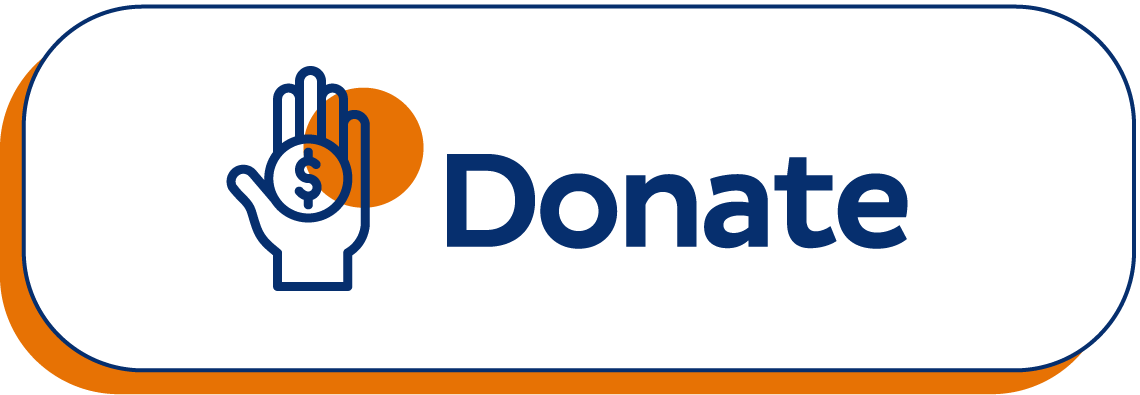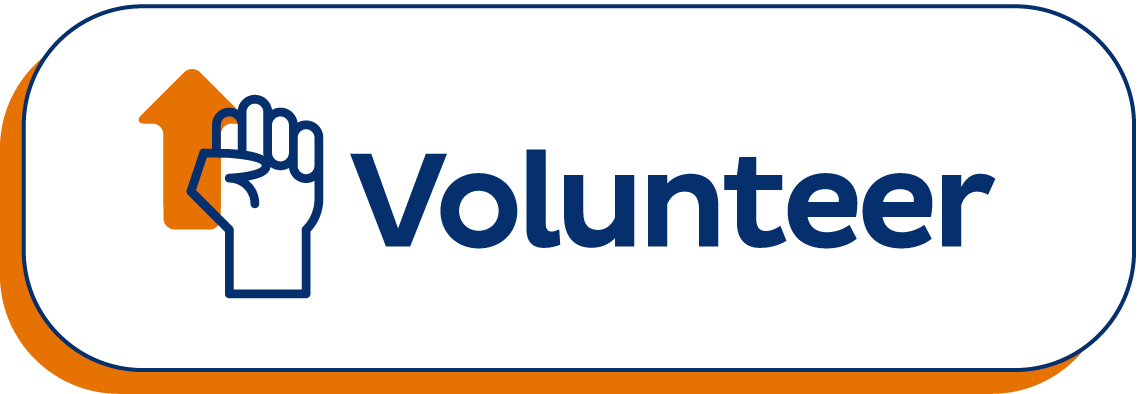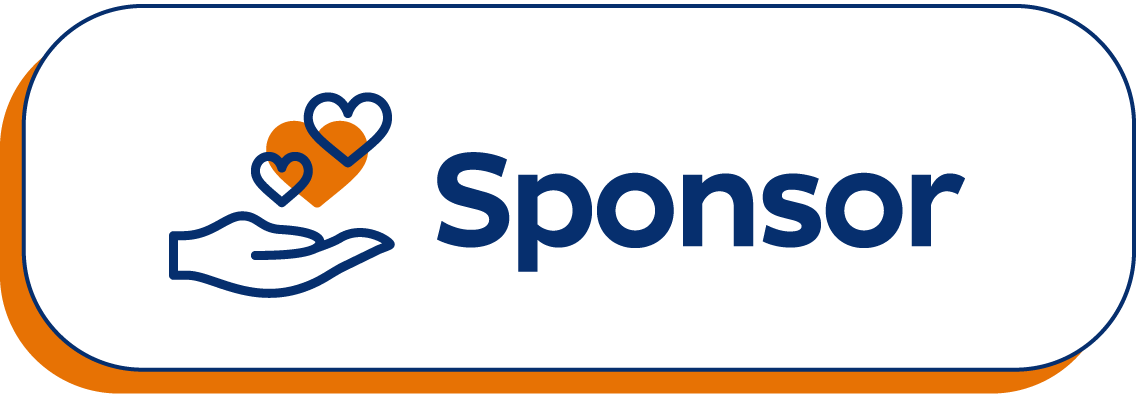| Aileen Fu Manager, Analytics, AI and Automation at UOB Bachelor of Business Administration – Accountancy & Finance (2018) Aileen is currently a senior officer in UOB’s Analytics, Artificial Intelligent and Automation team and has been with the company since July 2020. Prior to this, she had done both an internship and a full-time job at Deloitte under the Risk Analytics department where she built models and dashboards to help facilitate better data analysis and management. As an undergraduate in NUS Business School, Aileen was a NUS Business School Dean’s Scholar and was actively involved in a variety of leadership roles such as the Chairperson of NUS Karate Club and the Head of Publicity for the Civil Engineering Club Overseas Community Involvement Program. |
Share with us your current role and what is your typical day like in UOB? My current role at UOB is a combination of Compliance and Data Analytics. Compliance mainly deals with Anti-Money Laundering risk and Counter Financing Terrorism risk (AML/CFT) that is related to the bank. It involves dealing with how criminals move money and during such investigations, a combination of data analytics and finance knowledge will be utilized. My day at UOB is typically 9am-6pm unless something comes up, requiring my team and I to deal with it urgently. We mainly work in SQL, R or dashboarding (Power BI and Qlik Sense), although some of our work is in Excel. What skills do you think are valuable in the workforce? Networking: knowing how to make the first impression and selling yourself is the most important skill that has helped me a lot to secure a place in Deloitte working under the Risk Analytics department. On top of that, knowing how to collaborate with others is also another key skill. I am very appreciative of NUS Business School which provided me the opportunity to be able to learn to work with others. In some of my modules back in school, I was not able to pick my own teammates. This allowed me to learn how to work with different people rather than my usual group of teammates. In my current job, there are times you will have to work beyond your usual team and there will be instances you will need to work inter-teams as well. This is especially so during my days at Deloitte where you almost never work with the same project team. You were involved in an analytics role in Deloitte as an intern and full-time, could you share with us more about your role there and how it has helped you pave your way to your current achievements today? For the Risk Analytics internship at Deloitte, I was new to Data Analytics but still decided to take a Leave of Absence (LOA) for it. I would advise students to take a leap of faith to do an internship that you are interested in rather than to take on a role which may be your fallback plan. Internships mostly do not require prior experience, but it would be good to have prior experience through some related courses and projects. It is a chance for you to explore something new while people still give you the chance to do so. Of course, do not jump into something that is totally irrelevant to you. For me, I had personally done an audit internship and there are definitely skills which I can sell for my next job such as my project management experience. With the internship, I realized my passion in Data Analytics and decided to continue pursuing it as my current job. Why did you decide to join your current company, UOB? Prior to joining UOB, I had worked at Deloitte as an intern and full time in the area of Risk Analytics. As you may know, Risk is a very broad area: it includes credit risk, market risk, internal controls risk and more. For any Risk aspects that involve Data Analytics, my team and I will step in. At Deloitte, the Risk Analytics department is more advisory based. It provided me with a lot of exposure in the Risk area. During my 2 years at Deloitte, I got to help with the advisory project and the implementation too. However, I did not get to see the true outcome, and value to the client on the ground. After my 2 years, I decided on the specific area that I hoped to specialize in and further develop my skill set. This is when I joined UOB as I get to come into banks internally to learn and further expand my knowledge in the combined areas of financial crime and Analytics. What do you enjoy most about your current role? I enjoy the Data Analytics component of my current role immensely. I like that I can obtain this middle ground where I am able to grow in the technical domain and develop in the business domain. I might not be as technically strong as people who graduated from Computer Science or majored in Statistics. However, I can bring in business knowledge on top of learning the technical side of things. For example, my Finance background does help me start with a better understanding of how money flows and how financial systems work. Are there any challenges you have faced with regards to doing Analytics given that you have been pursuing a degree in Accountancy and Finance? And how do you deal with such a transition? It felt like a big jump at the beginning. However, the more projects you engage in, the more comfortable you will be in the area. This is because across most programming languages, what to look out for is rather consistent. For example, most of them have “for” loops or “if-else” conditions which are usually similar, differing only in syntax across different programming languages. Different people learn differently. Some people would go for online courses recommended by others. However, I prefer to learn it on the job and from my peers. When given a piece of code, I will try to understand it and learn how it works. When faced with any problems or errors, I will Google for help. For most programmers I know, they will always have a Google tab left on their browser to Google for any issues when needed. It is important that you know how to Google when learning a new language and try to understand what the Google-recommended code is doing. Are there any skill sets that students should look out for if they wish to pursue a career in Analytics? I would advise students who are interested in Analytics to go for internships. During your internships, what would be key is to ask yourself how you can step in and improve a particular process to make it more efficient. For example, given an Excel, and tasked to combine certain data, should you combine it manually? Would you have to replicate it again in the future? If yes, you should probably build something to make the process simpler and less repetitive. This is where you can step in and prove your value to the company and proof of concept is very important as it will provide you with the real experience of Data Analytics hands-on and also improve your skills. To wrap up, can you share some industry trends/ opportunities/ threats and how can students leverage these insights? It is not too far-fetched to believe that the role of Data Analytics as we know it today may become obsolete. For example, designing an analytics-supported process may only happen once and it will run automatically every month unless an issue comes up. Data cleaning which is currently a huge part of data analytics will hopefully become smaller as quality of data input improves. At that time, a Data Analyst’s role might move more towards advanced analytics and Data Science, such as Machine Learning (ML) and Artificial Intelligence (AI). Here, you will still need teams to build models, and define the data that goes into the model. For those who are new to coding and programming languages, the first step should still be fundamental analytics, and actively consider how it can be applied to improve day-to-day processes. At the same time, we should keep learning the latest trends in Data Analytics as the future of Analytics will not simply be SQL, or Dashboarding. That is a mindset that I am still picking up from peers in the industry. Key to Success: "I would advise students to take a leap of faith to do an internship that you are interested in rather than to take on a role which may be your fallback plan." Interviewer/Editor/Writer: Wong Mei Shan, NUS BBA Year 4 |






